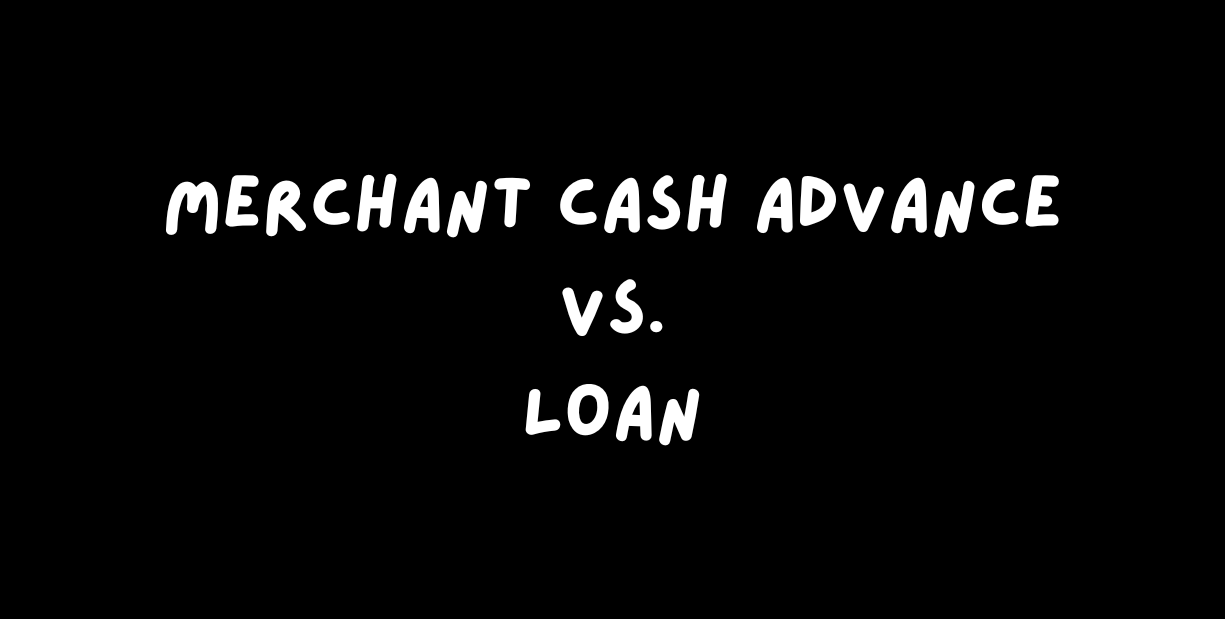11 Essential Tips for Handling a Merchant Cash Advance Loan
11 Essential Tips for Handling a Merchant Cash Advance Loan

1. Understand the Cost Structure
Before you sign on the dotted line, it’s crucial to understand how Merchant Cash Advances work. Unlike traditional loans with fixed interest rates, MCAs charge a factor rate—usually between 1.1 and 1.5—that is multiplied by the advance amount to determine your total repayment. This can result in an effective annual percentage rate (APR) significantly higher than traditional financing. Fully grasping these costs will help you evaluate whether an MCA is the right choice for your business.
2. Review the Terms and Conditions Carefully
The terms of a Merchant Cash Advance are often complex and can vary significantly between providers. Pay close attention to the repayment terms, fees, and any potential penalties. Some MCA agreements include clauses that can lead to financial strain, such as daily or weekly repayments based on your sales volume. Consulting with a legal professional, like those at J Singer Law Group, can help ensure you fully understand the implications of these terms.
3. Assess Your Cash Flow
MCAs are repaid through a percentage of your daily credit card sales. This repayment method can be problematic if your cash flow is inconsistent. Before taking an MCA, conduct a thorough assessment of your cash flow to ensure that your business can handle the regular deductions without compromising your operational expenses.
4. Plan for High Repayment Costs
One of the most significant challenges of MCAs is the high cost of repayment. The percentage of daily sales taken by the lender can be substantial, reducing your cash flow and impacting your ability to cover other business expenses. Plan ahead by creating a budget that accounts for these payments and allows for some financial cushion in case of slow sales periods.
5. Diversify Your Revenue Streams
Relying heavily on one source of income can be risky when managing an MCA. Diversifying your revenue streams can provide a buffer against slow sales in any one area, helping ensure that you can meet your repayment obligations without undue stress. Consider expanding your product or service offerings, or exploring new markets to stabilize your income.
6. Negotiate Terms When Possible
Many business owners don’t realize that MCA terms are often negotiable. Depending on your financial situation and the lender’s policies, you might be able to negotiate a lower factor rate, more favorable repayment terms, or even a reduced upfront fee. It’s worth the effort to ask, as even small adjustments can have a significant impact on your overall cost.
7. Monitor Your Business’s Financial Health
Regularly monitor your business’s financial health while managing an MCA. Use financial statements, cash flow forecasts, and key performance indicators (KPIs) to stay on top of your business’s performance. Early detection of financial strain can provide you with the opportunity to make adjustments before your MCA repayments become unmanageable.
8. Avoid Taking Multiple MCAs
Taking out multiple MCAs can lead to a dangerous cycle of debt. The high cost and frequent repayments of several advances can overwhelm your cash flow and increase the risk of default. If you find yourself needing additional funding, explore alternative financing options that may offer more favorable terms.
9. Consider Legal Assistance for Complex Situations
If you’re struggling to manage an MCA or are facing legal action from an MCA provider, it may be time to seek legal assistance. The experienced attorneys at J Singer Law Group can help you navigate these challenges, negotiate with lenders, and potentially restructure your debt to make it more manageable.
10. Explore Refinancing Options
Refinancing your MCA with a traditional loan or another financing product can reduce your repayment burden. Traditional loans often come with lower interest rates and more extended repayment terms, which can ease your cash flow. However, refinancing can be complex, so it’s wise to consult with financial and legal advisors to determine the best course of action.
11. Use MCAs as a Last Resort
While MCAs can be helpful in certain situations, they should generally be considered a last resort due to their high cost and potential risks. Exhaust all other financing options, such as business credit lines, traditional loans, or even negotiating payment terms with vendors, before opting for an MCA. Ensuring that an MCA is truly the best option for your business will help you avoid unnecessary financial strain.











